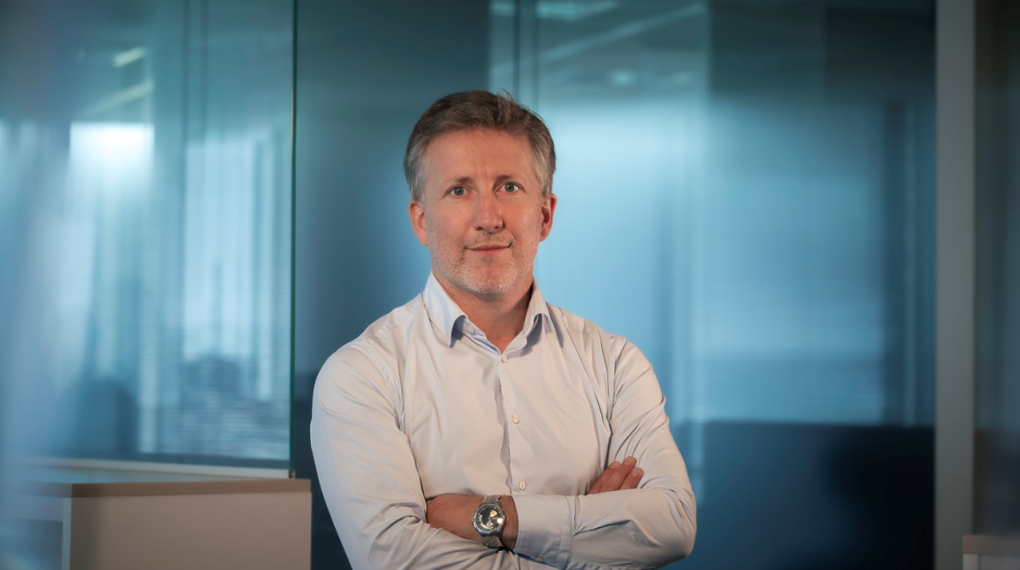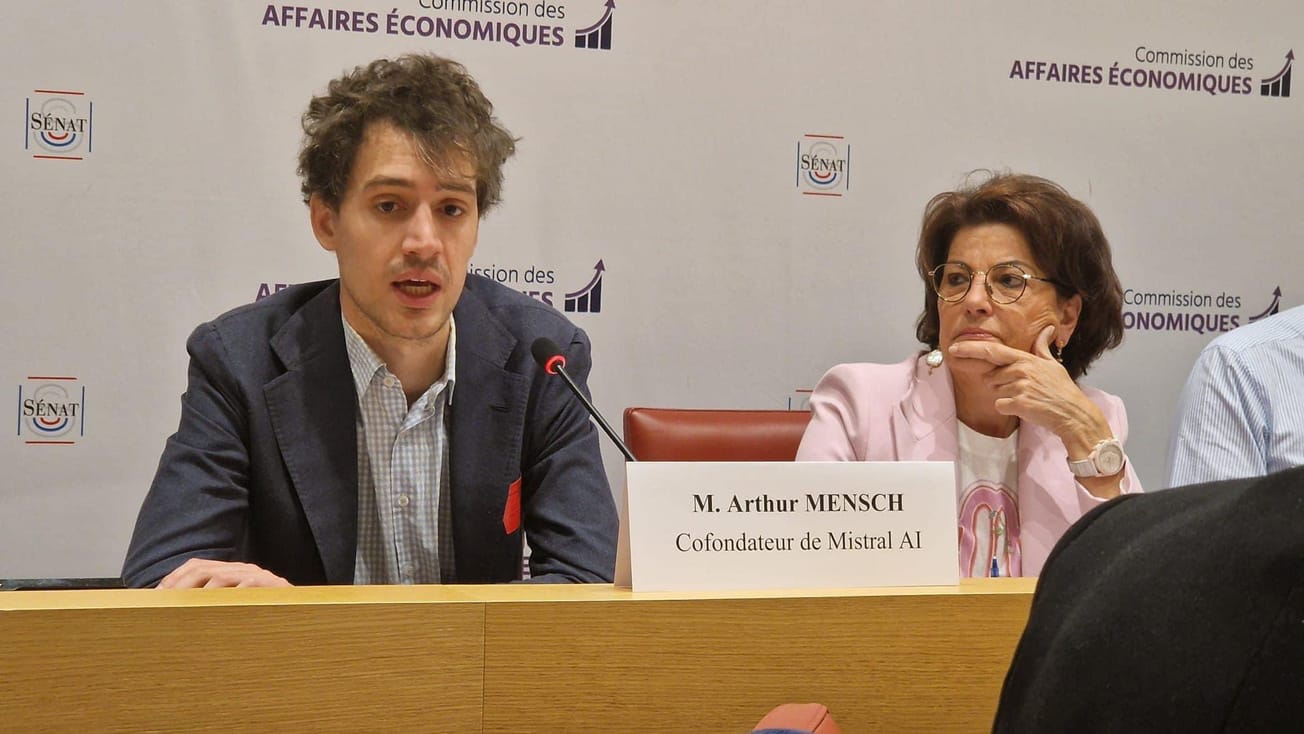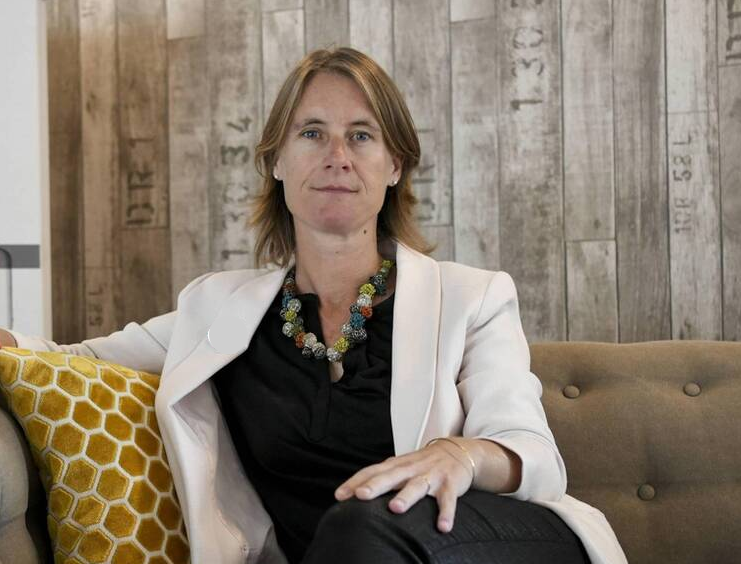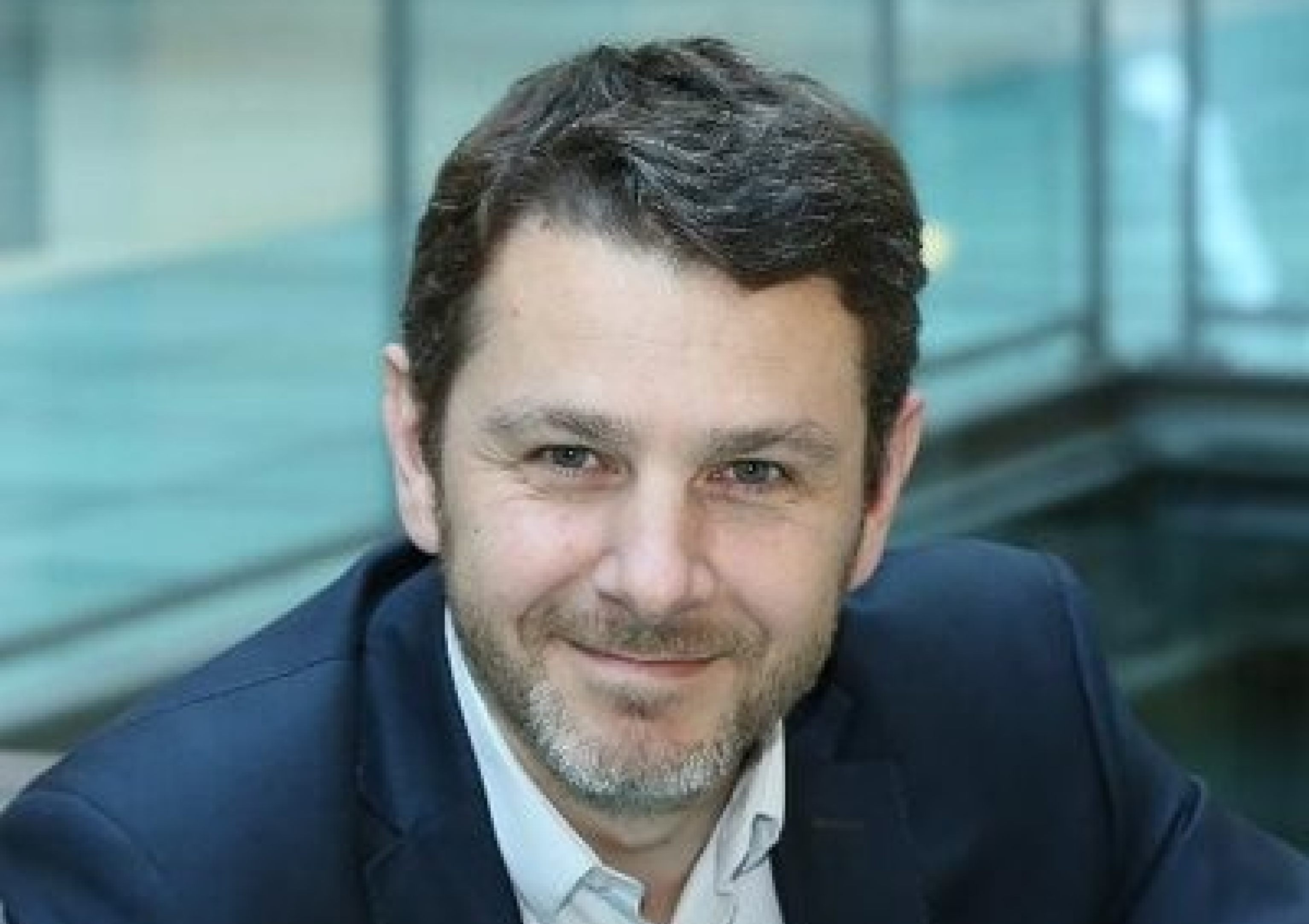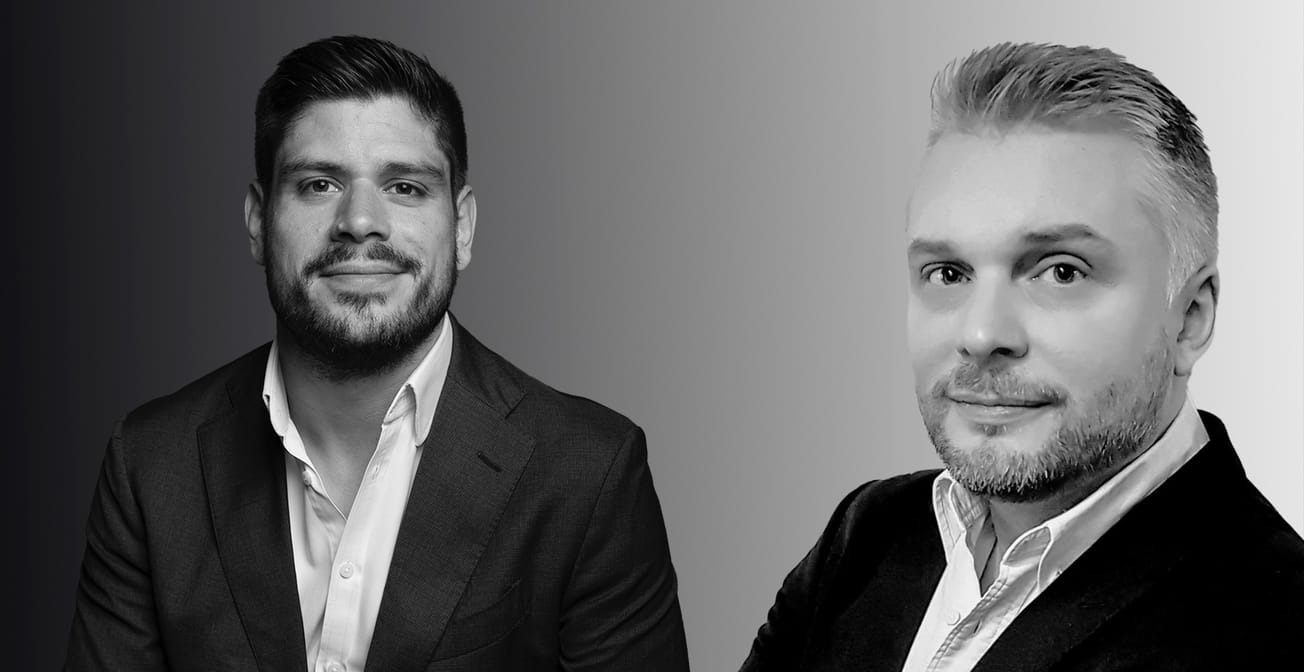Yann Coïc, the director of EDF Pulse Ventures, is a self-described “EDF baby.” He has worked for the multinational energy company for almost 20 years in a wide range of roles that have taken him around the globe. From finance and M&A deals in Latin America to energy trading in London to modernizing the hydro-electric department in France, Yann has a breadth of experience with the business and technologies that have made EDF (né Électricité de France) one of the largest energy companies in the world.
Those experiences led to his appointment as director of EDF Pulse Ventures last year. He now oversees a corporate venture operation that has invested almost €500 million since it was created in 2017. The venture wing is part of the broader EDF Pulse innovation unit that includes an incubator and several open innovation programs designed to encourage internal innovation while also finding ways to work with people and organizations externally to develop new technologies and services.
EDF also happens to be one of the investors in Sweetch Energy that we profiled this week. We thought this was a good chance to talk with Yann about EDF’s approach to innovation and the role Pulse Ventures plays in the company’s digital and energy transformation strategies.
Q: Can you start by giving us an overview of EDF Pulse Ventures?
YC: We are focused on decarbonization and climate tech for our businesses but also for our customers. We are a team of almost 10 people based in Paris but also in London, because the group is quite active in the UK. We have invested almost €500 million since the creation. So, half in startups and half in funds because we're also investing in VC funds. Today, we have 23 startups in our portfolio. Two-thirds are external startups. And one-third are coming from our incubator and are 100% owned by EDF.
Q: How do you work with EDF’s broader innovation team?
YC: We’re integrated into the innovation department of EDF, so we work closely with the incubators and the other pieces of innovation. But we also have a dedicated investment vehicle, which is called EDF Pulse Holding, that is directly investing in startups and has its own investment committee.
Q: What is the core mission?
YC: We have three main goals. Either create new businesses for the group or accelerate existing ones. We think that thanks to startups, we can go quicker than with internal innovation sometimes. The third one is to learn faster and to be more competitive in some fields where we are not experts. That's what led us to invest in Hynamics and MCPHY in the hydrogen sector.
But this is also very key: Synergies are our main focus. We won't invest in startups if there are no synergies between the startups and the group businesses.
Q: What are some of the criteria for choosing your investments?
YC: As British people say, we're not a charity. Financial return is key, but that's not the single objective. Again, synergies are very key. That's what differentiates us from other funds. We really need to develop cooperation and business between the startup and our existing businesses. The idea is to create value for the startup but also to create value for the existing EDF business units. And when we're investing in a startup, that's the first step. We are trying to map what could be the potential synergies. Then we'll start doing business with the startups. And we don't have time limits like other funds. We don't have to exit three years after the investment as long as the synergies are there.
Q: What role does EDF Pulse Ventures play as an LP in other funds?
YC: We’ve been investing in VC funds since the creation of EDF Pulse. We needed to have access to startups and to increase our connection with the startup world. But also, our geographical footprint, because five years ago the innovation landscape in Europe was less developed than today. So, we've been investing in US VC funds because US innovation was much more active on the other side of the Atlantic. We are still LPs in several funds and that helps us with scouting startups. It also challenges our fundamental analysis. We need to understand the business, understand the innovation quite deeply in the details of the assets of the startups to start the investment process. Some of the funds we're working with have the same kind of genes. We use them to challenge our strategic analysis and to feed us with some startup opportunities.
It was very useful at the start of Pulse Ventures. It’s a bit less useful now that we are progressing and EDF Pulse Ventures is more well known in the ecosystem. But it’s still an important tool.
Q: What is the typical size of an investment? Are there strings attached when a startup takes money from EDF?
YC: We only invest in a minority stake, like a standard VC, and in Series A and Series B, and not beyond because tickets are too large for us. Our ticket size is between €2 million and €5 million. Our geographical footprint, the countries where the group is located, are France, the UK, Italy, Germany, Benelux, and the US.
We're not imposing nonstandard closing terms in our contractual agreements. We follow market practices. So if a founder asks: Is EDF going to acquire me and cut me off from my market and EDF competitors? Well, that's not the first thing we think about when we're investing in a startup. It is a possibility that we might want to acquire it. If the startup is becoming so strategic for the business unit, then we assess the possibility of acquiring it. But that's not the only possibility.
The first goal is to push the synergy to the maximum. When we are no longer the best shareholder to push that synergy, we try to exit with another strategic player. That's what we did last year with a startup in the south of France called ITK [which uses science and artificial intelligence to develop predictive solutions to optimize the technical, economic, and environmental performance of agricultural production systems]. We sold our stake to Innoval, which is an agricultural cooperative because this startup was active in the AgriTech sector. We were no longer the best shareholder to grow their business because that's not our focus anymore. So we found an exit with this group and that's good for the startup.
Another possibility is to develop a joint project with the startup. [EDF is doing this with Sweetch. See more details here.]
Q: What are EDF’s main investment themes?
YC: We have 10 priority areas of investment. Any investment must fit with these 10 priority areas. We have biodiversity. Then carbon and its value chain. We've been investing quite a lot in this field. We have a US startup Persefoni, and British ones called BeZero and Carbon8.
The third area is new renewable energy, like wave energy, and new solar energy. Flexibility management as well because that's something which is becoming key in some countries.
The fifth is decentralized energy. Then water management. Why water management? Because water is at the heart of EDF activity, for hydraulic power generation but also water usage for the cooling systems of nuclear plants. That's key for us. There are also skills and attractiveness of the energy transition profession because there is a lack of capabilities in that field. We need a lot of people to succeed in our development plan, also in nuclear and in renewable energy. So we are looking quite deeply at those areas as well.
Long-term energy storage, decarbonization, electrification of industrial processes, and nuclear power. On nuclear power, we're not looking really at small reactor units. The focus is more on logistics and project management.
If we find a startup that matches our financial criteria and fits within those 10 priorities, we will go into the due diligence process. Again, we need to have synergy. We need a kind of soft sponsorship with one of our business units to invest.
Q: Are there certain technologies, such as AI, that you are targeting?
YC: Yes and no. You’ll notice that AI was not an investment area I described. That’s because it’s more of a means than a goal in itself. We've invested recently in a startup SPOTR which has AI in its building inspection automation platform. We have an internal startup YXIR which is an industrial AI tool.
At the very beginning of EDF Pulse Ventures, we were looking more at digitalization and web solutions. Now, we are moving to hardware solutions, because to capture CO2 from the atmosphere we will need some tech and some hardware, not just the software. That's why we invested in Sweetch Energy, for instance. That’s Deep Tech. We are trying to analyze how we can go even deeper into Deep Tech investments.
Q: What are the advantages of working with EDF Pulse Ventures for an entrepreneur?
YC: We have mainly three main advantages for startups. First, we are opening a market for startups through that synergy with several business units. But also, what comes with that market is technical support because we have strong R&D capabilities. We can help startups grow their business. That’s at the heart of our investments, which is very different from what funds are doing.
The second one is that the EDF brand also brings significant value to the startups because we are well known. The EDF name gives some credibility to the startups and some visibility as well.
The third one is stability. Because if the synergy is there, we don't have any timeline. We invest in the startup for the long run, and we can stay several years. That's something quite valuable in this environment with increasing interest rates and returns that are sometimes difficult to make for funds.
Q: What is the best way for entrepreneurs to pitch EDF Pulse Ventures?
YC: They can contact us through our website (EDF Pulse Ventures - Corporate Venture Capital du groupe EDF) where you can find all the contact details of the team!

